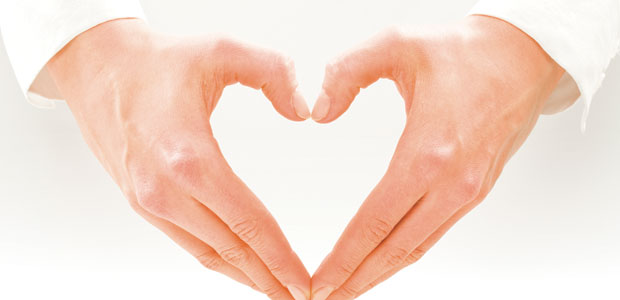Advertisement
Coenzyme Q10
Supporting cardiovascular health

Coenzyme Q10 (CoQ10) is a fat-soluble compound that is naturally present in most human cells. It functions as an antioxidant, providing protection against free-radical damage within cells and lipoproteins.
Heart helper
According to researchers, CoQ10 reduces the accumulation of oxidized fats in blood vessels and regulates the rhythm of the heart. Studies measuring CoQ10 ’s effect on blood pressure have shown its potential to lower systolic and diastolic blood pressure in hypertensive patients.
CoQ10has also been used to aid muscular disorders, support the immune system, and help ease migraines. Due to its antioxidant properties, CoQ10’s effect on slowing degenerative neurological disease is also being examined.
When to supplement
The quantity of CoQ10in the body decreases as a person ages; therefore, supplementation in the diet is beneficial, particularly for people over the age of 50.
Research shows that CoQ10synthesis also decreases when you are taking prescription drugs such as beta blockers and statins, or exercising for long periods of time, or if you aren’t eating a well-balanced diet. In these cases supplementing with CoQ10is also important.
Daily dosages
Taking CoQ10supplements daily with oily or fatty foods, such as fish or fish oil supplements enhances absorption. Supplements should be consumed at the same time every day, in the quantities noted below. For doses above 100 mg, consult your natural health practitioner prior to use.
Eat your way to heart health
CoQ10can be found in many foods. Particularly rich sources include beef, lamb, pork, poultry, and fish such as herring and rainbow trout. Soybean oil, canola oil, peanuts, sesame seeds, and pistachio nuts are also important to consume. You can’t go wrong with eggs, spinach, broccoli, cauliflower, oranges, or strawberries—some of the more tasty sources of this important coenzyme.
Tips
- For CoQ10 at a dosage of 30 mg, take one to three capsules daily.
- For CoQ10 at dosages of 60 mg, 80 mg, or 100 mg, take one capsule daily.
- Do not use if you are pregnant or breastfeeding, and always consult a health care practitioner prior to use if you are taking blood pressure or blood thinning medication.




